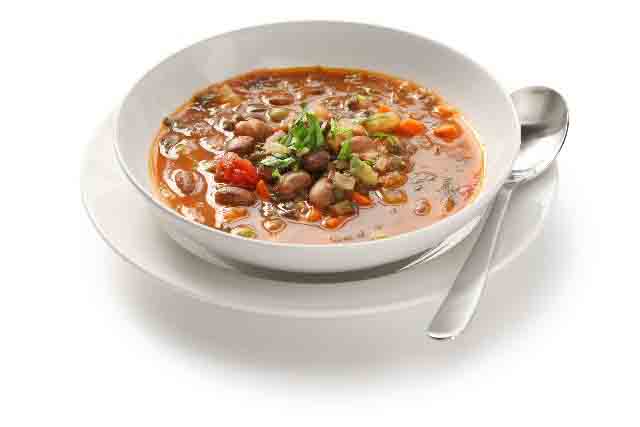
Under the slogan ‘nutritious seeds for a sustainable future,’ the United Nations, led by its Food and Agriculture Organization (FAO), has declared 2016 the ‘International Year of Pulses’ to raise awareness about the protein power and health benefits of all kinds of dried beans and peas, boost their production and trade, and encourage new and smarter uses throughout the food chain.
“Pulses are important food crops for the food security of large proportions of populations, particularly in Latin America, Africa and Asia, where pulses are part of traditional diets and often grown by small farmers,” said FAO Director-General José Graziano da Silva.
“They have been an essential part of the human diet for centuries,” he added, “Yet, their nutritional value is not generally recognized and is frequently under-appreciated.”
According to FAO, pulses, including all kinds of dried beans and peas, are not merely cheap and delicious; they are also highly nutritious source of protein and vital micronutrients that can greatly benefit people’s health and livelihoods, particularly in developing countries. There are hundreds of varieties of pulses grown throughout the world. Popular ones include kidney beans, lima beans, butter beans and broad beans, but also chickpeas and black-eyed peas.
Speaking about their nutritional value, the FAO chief said that pulses have double the proteins found in wheat and triple the amount found in rice. They are also rich in micronutrients, amino acids and B-vitamins.
Pulses are the key ingredients in many signature regional and national dishes across the world – from falafel to dahl to chilli and baked beans. FAO also added that as an affordable alternative to more expensive animal-based protein, pulses are ideal for improving diets in poorer parts of the world, where protein sources from milk if often five time more expensive than protein sourced from pulses.

UN Secretary-General Ban Ki-moon commented that pulses contribute significantly in addressing hunger, food security, malnutrition, environmental challenges and human health and also are a vital source of plant-based proteins and amino acids. “Despite strong evidence of the health and nutritional benefits of pulses, their consumption of pulses remains low in many developing and developed countries. The International Year can help overcome this lack of knowledge,” said Ban Ki-moon.
The UN chief called for collaborative commitment and concrete action by all relevant actors within the UN system, farmers’ organisations and the private sector, to make the International Year of Pulses 2016 a success. Pulses also impact the environment positively due to their nitrogen-fixing properties, which increase soil fertility.



